I moved to the Washington D.C. area three years ago this week and as of today, I have been working for U.S. Wheat Associates for three years.
Woah. I know it’s super cliche to say, but some days it feels like I just arrived and other days I feel like I’ve been here much longer.

This experience has become a dream and a goal that I didn’t realize I had until the moment I saw the job announcement in a Facebook group (hey Julia!) But as I’ve shared many times before, a few hours later I was on the phone with parents telling them about this job and big move that I suddenly felt so strongly needed to be mine. And, EXACTLY two months later I was walking into the office for my first day on the job.
I laugh now, because I quickly realized that I didn’t quite understand what my job all entailed and what the organization did. The phrase “fake it till you make it” became my real motto. Those first couple of months were harder than any class I ever took but that feeling I had when I first learned about the job continued to stay with me, and remains with me today. I know that my place in the work force and in the agriculture industry is working on behalf of farmers, and using my words and skills to help them do their job.
In three years, this job has taken me to three countries (and Guam) and on many, many domestic trips. I’ve learned about how complex wheat is and met people from around the world who depend on and prefer the high quality wheat that U.S. wheat farmers grow. I’ve learned about crop production, wheat breeding, international markets, transportation, the immense variety of end products that are made from wheat, export market promotion and how it all affects each other. And I’ve learned about the many areas of trade policy that affect wheat exports, including negotiations and barriers. All that said, there is still so much more to learn, but that part excites me. Most important to me though, is the farmers I’ve met over the past three years. I know these people, I’ve visited their farms and met their families. I respect their hard work and seen how they strive to improve their business and their product. They are humble — both when they make mistakes and when they should be proud of their progress. They care about their communities and the world around them. Personally, its important to me to feel like I have a sense of purpose when I am going to and work each day. And these farmers give me that purpose.
As a young professional, there are certainly ups and downs to figuring out what works for you and what doesn’t, what you want your career to look like and how to get there. Trust me, I am far from having it all together, but I have been lucky to have so many mentors and others who support my career. If we were having coffee together, there is a lot more that I could share about what I’ve learned so far, but since we’re not, here are 10 general pieces of advice I’d like to share:
- Ask questions. Sure, some questions are indeed, dumb. But what’s worse is not asking the question at all. Not only does it prevent you from learning, but it prevents others from improving as bosses and leaders, and sets a bad precedent for effective communication.
- Don’t work through lunch. Sometimes it is inevitable, but it is important to step away, give your brain a break and your legs a stretch. Make it a habit. (This one is really tough for me!)
- Practice grace. You will make mistakes. Big embarrassing mistakes. And others will disappoint you with their mistakes. I think the only way to get past mistakes is to take a deep breath, own it and determine how to not make the mistake again. In others, identify why you respect them and consider what factors may have led to the mistake. Then give yourself and them, a dose of grace. Life will go on, I promise.
- Invest in good shoes. Nobody has time for sore feet, but at 5’2″ I can attest that there is such a thing as comfy heels. But I also know that I shouldn’t wear them if I need to hike it a longer distance. Figure out what works for your style and invest in it. You’ll save your wallet and your feet in the long run. Trust me, I’ve learned the hard way.
- Learn how to write professional emails. Even if you don’t like to write or consider yourself a poor writer, there is no excuse for poorly written emails, no matter what your job is. Yes, people do notice. Luckily, there are many resources out there and asking your boss or superiors for help improving those skills will show them initiative, which is always a good thing.
- Don’t shy away from what makes you uncomfortable. No, I am not suggesting anything that is unsafe or negative. What I mean is that pushing ourselves outside of our comfort zone helps us grow our skills and our minds. So listen to the argument that you don’t agree with, don’t pass on a task because you don’t know how to do it and don’t back down if you feel strongly about an idea or decision. Staying where you are comfortable does no favors to your career or those you represent or work for.
- Find people who will go to bat for you. When I hear from others complaining about their superiors or something in their work place, I am reminded of how thankful I am to know that I have people in my corner. Good bosses and colleagues alike, understand that in order to see productivity and results in the work place, they need to respect your values and support your goals and needs. They will go to bat for you if necessary.
- Become a life-long learner. Read, discuss, participate. Seek out opportunities to learn something new or improve your skills. Everyone is replaceable and most industries are constantly changing at a quick pace, so if your job doesn’t spark curiosity and a desire to become better, you might want to fix that or move on, because otherwise you’ll get left behind.
- Create a space that fuels your creativity and work flow. I am a strong believer in the importance of having and maintaining a work space that is positive, and aligns with your style, responsibilities, comfort and needs. I think this is crucial for productivity, focus and overall health. If you are spending 40+ hours a week in this space, why should it be anything less?
- Not every season is exciting, and that’s OK. I know there are a lot of studies and facts out there about how young professionals today are not staying in one place nearly as long as the generations who came before them. Sometimes the latter will call it lazy or having no sense of loyalty, while many of the young professionals themselves either grow bored or eager to see what else is out there. I think from time to time, both views are wrong and right. However, I think the root is that my generation is used to having more options, has been pushed to “exceed expectations” and like I mentioned for myself above, need to feel like their work has a sense of purpose. So, when a job rolls into a season that is lacking in someway, it is easy to think that it is time to jump ship. I’m not saying that you should completely ignore that feeling, but just sit on it a while and maybe spend that time determining if this season is just cyclical or if there is something you can do to improve it. Yes, I love my job overall, but its not realistic for someone to say that they love it every single day.
Thanks for the adventure so far wheat family.

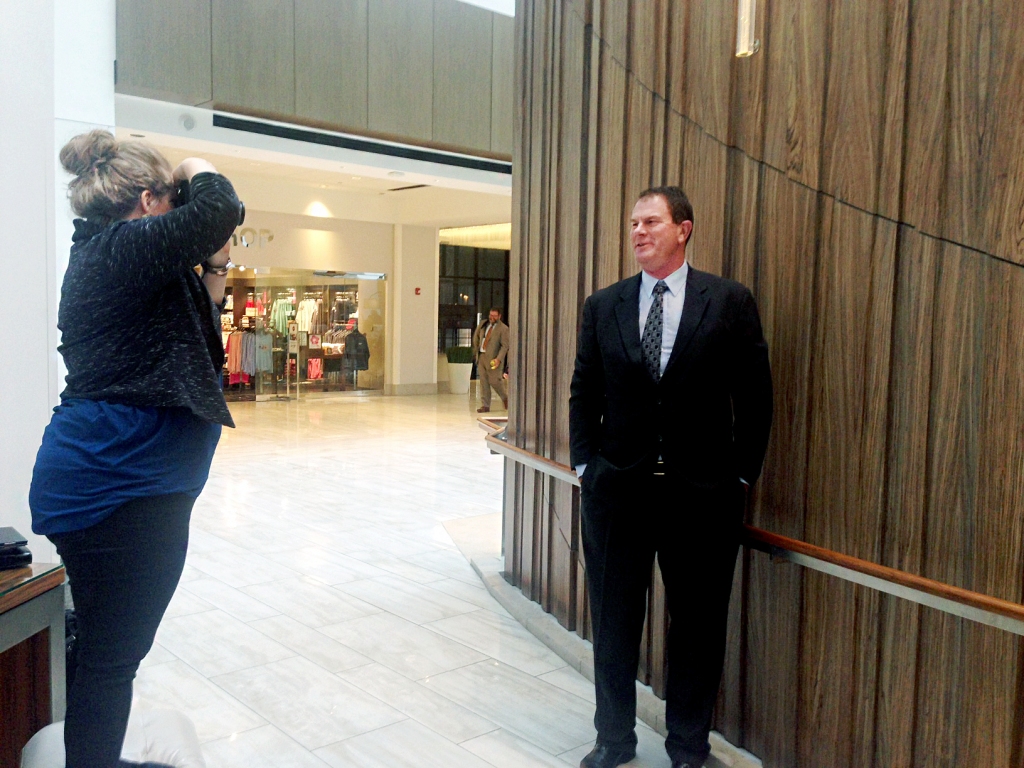
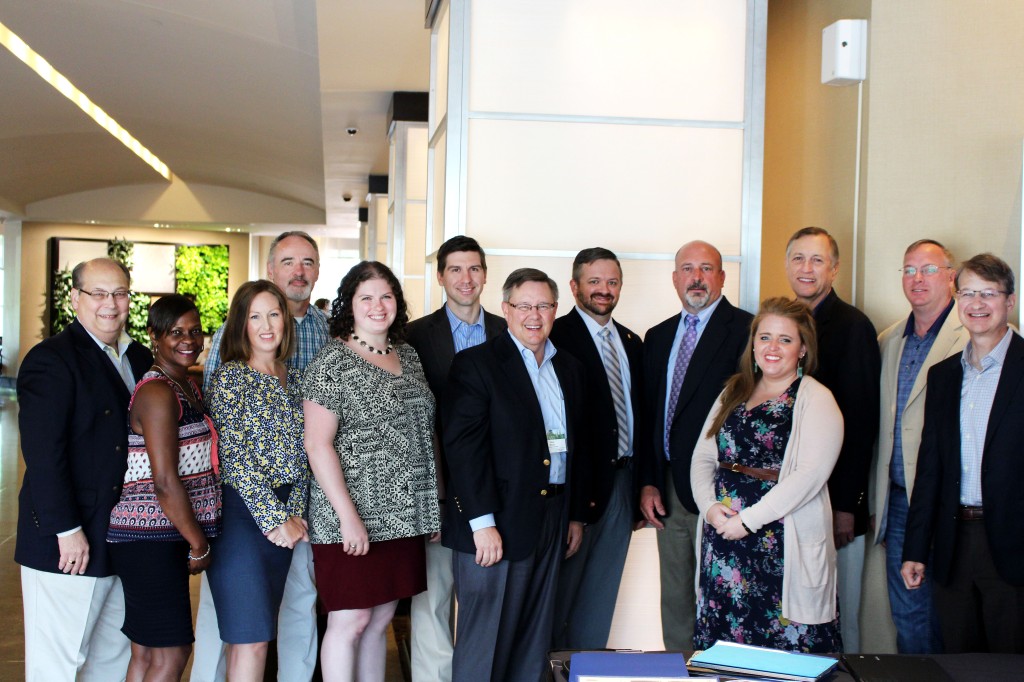

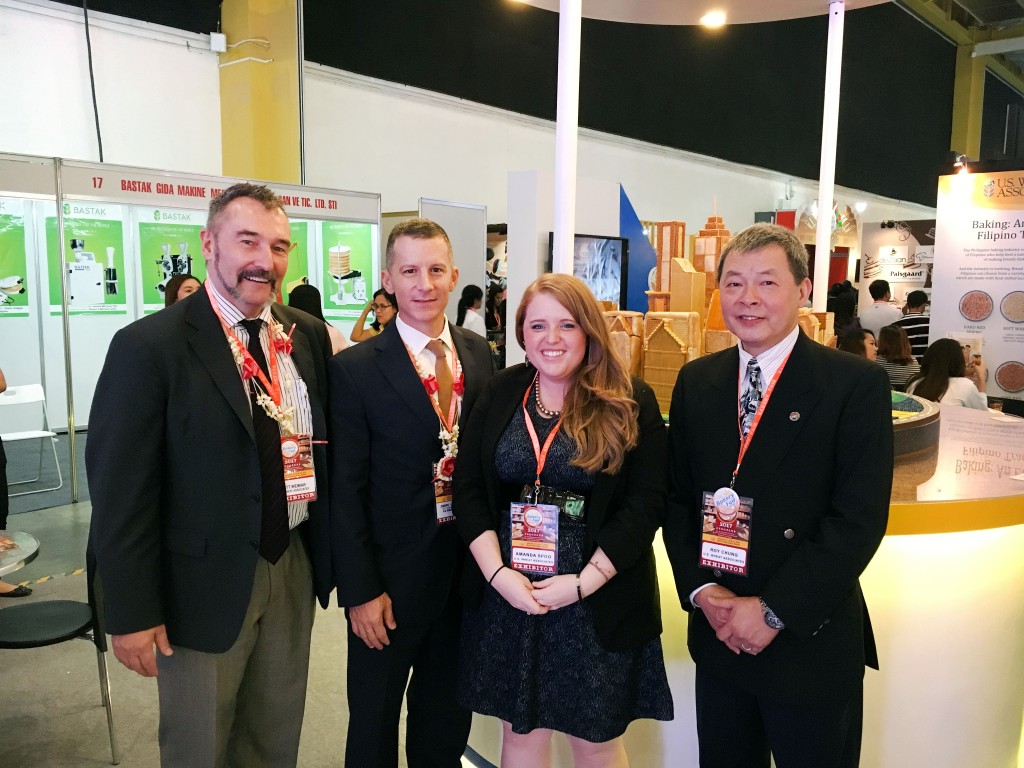


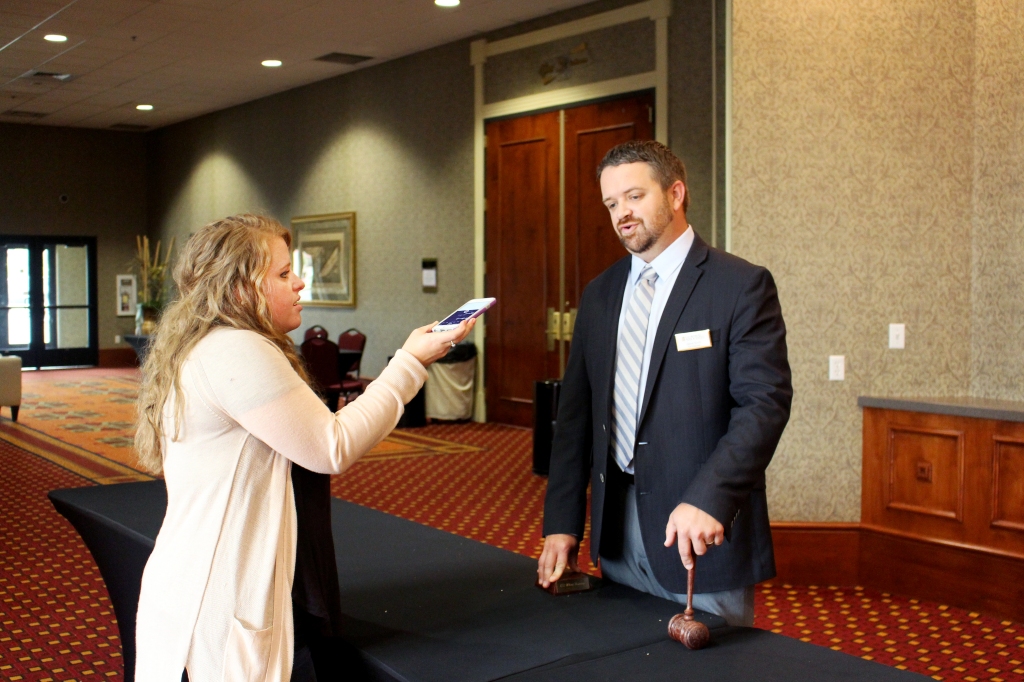
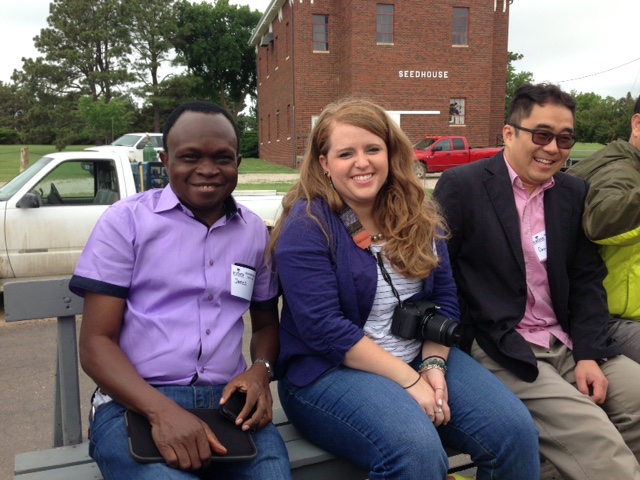
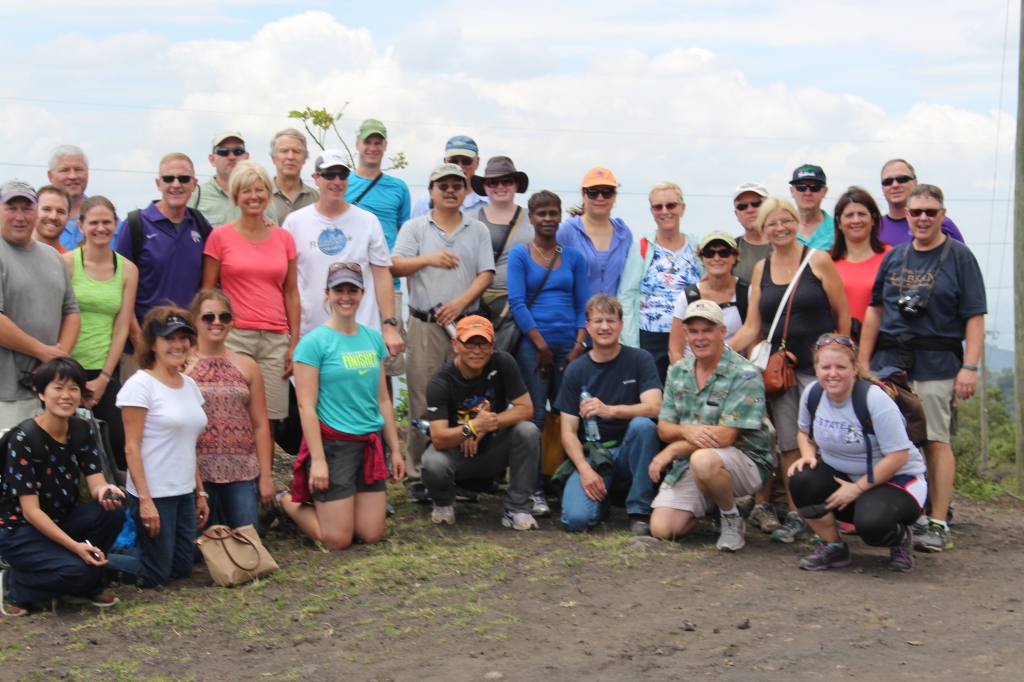


Discover more from ajae communications
Subscribe to get the latest posts to your email.

What a super fun post to read! I so agree about good shoes but really didn’t realize that until about three years ago! How cool that you’ve gotten to do so many neat things and see so many places!
Thanks Erica! Yes, I’ve been pretty lucky 🙂